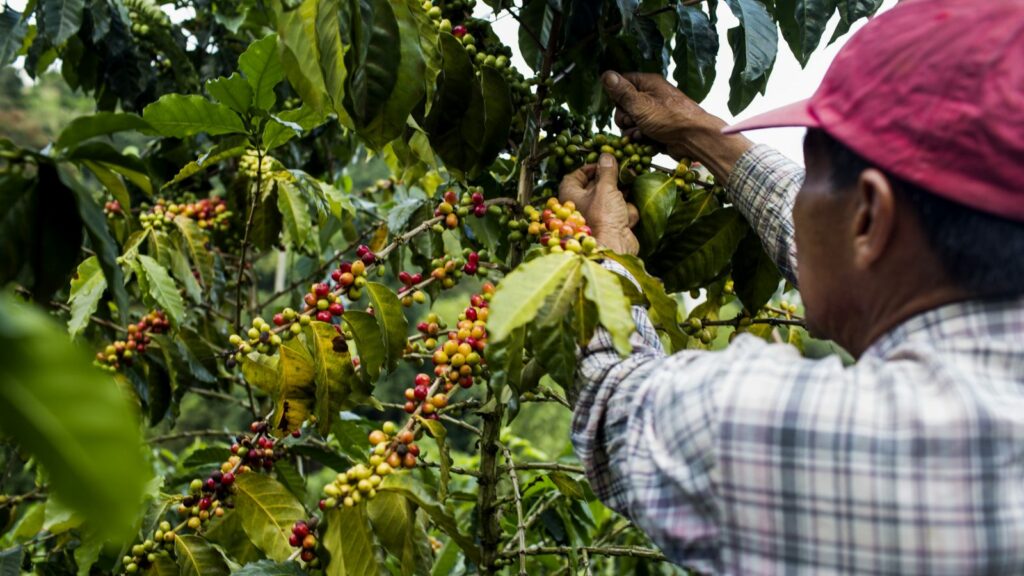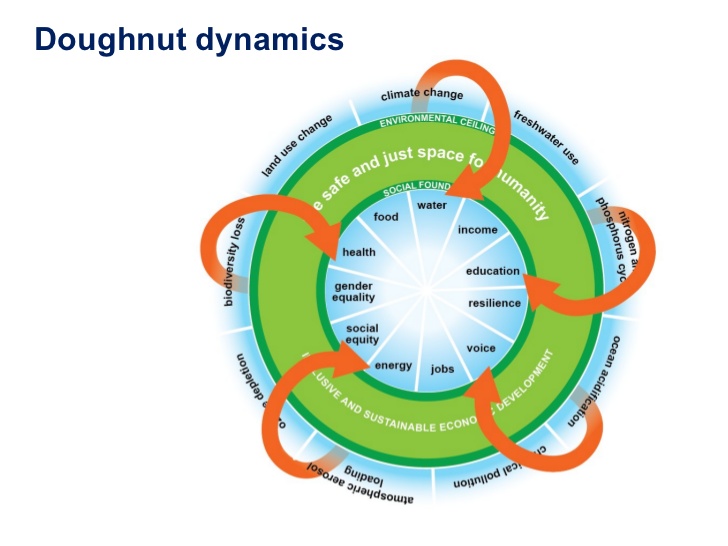Research
BASELINE VALUE CHAIN MAPPING
Coffee in Colombia

Of how coffee arrived in Colombia, no one knows for sure, but what is certain is that coffee is deeply engrained in the Colombian development, political and social fabric.
Colombian coffee is renowned and ranks third in the world, after Brazil and Vietnam, credit to the leadership of the National Federation of Coffee Growers. While the Colombian Coffee journey has not been smooth sailing, strategic marketing, speciality brand development, research, education and subsidization have played a major role in establishing coffee as one of Colombia’s most important agricultural crops.
In the coffee producing regions of Colombia, improvements in health care, literacy rates and standard of living are some of the ways that coffee has impacted lives. Majority of Colombian coffee farmers are small family farms, less than 5 hectares. To compete, they have to join cooperatives or associations as the challenges of independent production are just above their means.
Further, although there has been improvement in the participation of women farmers in the coffee value chain, a lot still needs to be done to ensure access and agency of these farmers. The greatest challenge for these farmers is land ownership, which is mainly owned by their husbands or male family members.
Domestic responsibilities also hinder women from full participation and a noteworthy issue is that of unpaid work hours – studies show that women spend the greater part of their time on unpaid work while men spend the greater part of their work time on paid work hours. However, much has been done to elevate women in Colombia’s coffee production and the benefits speak for themselves. One of the biggest challenges going forward, is the overcoming of the traditional mindset that women should be relegated to household duties while decision making is left to their partners or male family members.
Coffee has also impacted the Colombian society in other non traditional and unexpected ways. For instance, the role of Rural Producer Organizations (RPOs) in peace building post war, is now recognized.
Lastly, projected climate change impacts on coffee production and therefore value chain, are mixed. In some areas there will be increased production while in others there will be reduced production but of note is that the Colombian coffee industry could lose up to 80% of its plants – mainly due to increased pest attacks from the increased rainfall as a result of a changing climate.
Title: Baseline Value Chain Mapping of Three Climate Vulnerable Crops: (Coffee (Colombia), Rice (Tamil Nadu, India) and cotton (Andhra Pradesh, India)
Abstract
Baseline value chain mapping with focus on climate risks and gender and social issues facing stakeholders, generates valuable data and reveals a complex interaction of these forces on the stakeholders. There is a broad range of stakeholders, encompassing public and private institutions, financiers, educational and non-governmental stakeholders. They are faced by climate impacts such as increasingly variable rainfall that makes it difficult for farmers to plan their operations, extreme weather events such flooding, cyclones and droughts, increased pest infestations and diseases as well as the emergence of new pests. They are also faced with lands becoming unsuitable for production as a result of climate change. Stakeholders are also confronted by gender and social issues that prevent them from fair benefit and participation in the value chains. It is speculated that the simultaneous pressure of climate risks and gender and social issues on stakeholders will increase vulnerability but how and to what extent, requires further. Furthermore, to assess risk in these value chains, the Rapid Agricultural Supply Chain Risk Assessment Conceptual framework (RapAgRisk) is proposed. Since supply and value chains are interdependent, the RapAgRisk, through its juxtaposition of supply and value chain flows, can provide a more holistic perception of risks as opposed to carrying out risk assessment on the value chain alone.
Key words: climate risk, gender, value chains, marginalization, stakeholder
Bibliography
Giovannucci, D., Leibovich, J., Pizano, D., & Mundial, B. (2002). Colombia Coffee Sector Study. UNIVERSIDAD DE LOS ANDES-CEDE, DOCUMENTOS CEDE.
Parente-Laverde, A.-M. (2020). Value Chain and Economic Development: the Case of the Colombian Coffee Industry. Organizations and Markets in Emerging Economies, 11(1), 173-188. doi:10.15388/omee.2020.11.29
Pineda, J. A., Piniero, M., & Ramírez, A. (2019). Coffee Production and Women’s Empowerment in Colombia. Human Organization, 78(1), 64-74. doi:10.17730/0018-7259.78.1.64

